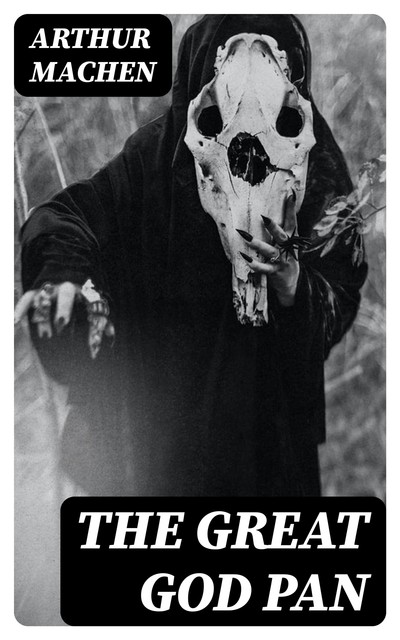Мы используем файлы куки, чтобы Bookmate и наши рекомендации работали лучше.
Подробнее на странице Политика Cookies
Подробнее на странице Политика Cookies
Принять все Cookies
Выбрать cookies
Arthur Machen's “The Great God Pan” is a seminal work in the genre of supernatural horror, weaving a complex narrative that explores themes of transcendence, forbidden knowledge, and the fragility of the human psyche. Through its vivid prose and rich symbolism, Machen crafts a tale that reveals the horror lurking beneath the veneer of civilization. Set in the Victorian era, the story follows scientific experimentation that inadvertently unleashes forces far beyond human comprehension, challenging the boundaries of reality and morality in a manner that prefigures modern horror literature. The haunting descriptions and pervasive atmosphere of dread have earned Machen a distinguished place within the canon of Gothic literature, inviting readers to reflect on the enigmatic nature of existence itself. Arthur Machen, a Welsh author born in 1863, drew much of his inspiration from mysticism, folklore, and his own spiritual explorations. His understanding of the esoteric, coupled with a fascination for the arcane, profoundly influenced the creation of “The Great God Pan.” Machen's experiences in the changing social landscape of late 19th-century Britain, as well as his interest in the occult, culminate in a narrative that not only entertains but also provokes profound philosophical inquiry about reality and the unknown. For readers who seek a profound exploration of existential terror and the supernatural, “The Great God Pan” serves as an essential read. It is a cornerstone text that delves into the darker aspects of human nature and the untapped potential of the cosmos, ensuring its relevance in contemporary discussions of horror literature. Machen's masterful storytelling and philosophical depth will resonate with anyone intrigued by the mysteries that lie just beneath the surface of our reality.
больше
76 бумажных страниц
- Правообладатель
- Bookwire
- Дата публикации оригинала
- 2022
- Год выхода издания
- 2022
- Издательство
- DigiCat
Другие версии книги
Уже прочитали? Что скажете?
👍👎
fb2epub
Перетащите файлы сюда,
не более 5 за один раз


